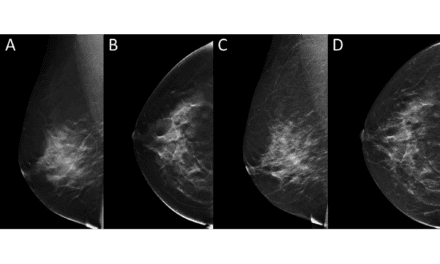Using PET brain imaging, researchers from University of Pittsburgh showed that PTSD symptom severity is associated with fewer receptors in the midbrain and cerebellum—regions involved in the brain’s threat alarm system that process subconscious triggers of PTSD related to the trauma.
Fewer receptors for the anti-stress brain chemical nociceptin is associated with less severe post-traumatic stress disorder (PTSD) symptoms in college women who have experienced sexual violence, according to a study in Biological Psychiatry, published by Elsevier. The relationship between nociceptin receptor density and PTSD severity was present in women with recent PTSD symptoms but not those with past symptoms, suggesting a role for the receptors in recovery after sexual violence. Although studies in animal models of PTSD have shown that nociceptin promotes resilience, the receptors had never been studied in people with the disorder.
“These results suggest that decreased nociceptin receptor density is a marker of resilience and recovery following trauma,” notes lead author Rajesh Narendran, MD. “If future studies confirm these results, nociceptin receptor density may become an important resilience biomarker in the evaluation of PTSD.”
The primary characteristics of PTSD include intrusive memories of the traumatic event and avoidance of anything that reminds one of the trauma. In women with recent PTSD, these primary symptoms were strongly associated with nociception receptor density. “Alterations in nociceptin receptor regulation in PTSD could point to specific treatments that might target this receptor to treat symptoms of PTSD,” adds John Krystal, editor of Biological Psychiatry.
Additional treatment availability would be an important advance for the disorder, as current available medications for PTSD treat secondary symptoms of the disorder, such as negative mood, but do not treat the primary symptoms associated with receptor measures in this study.
The new study means that the relationship between PTSD symptom severity and nociceptin receptors in the brain of women who have experienced sexual violence not only provides critical insight for understanding the biology of resilience and recovery after trauma, but also opens potential avenues for improving PTSD treatment and prevention.





